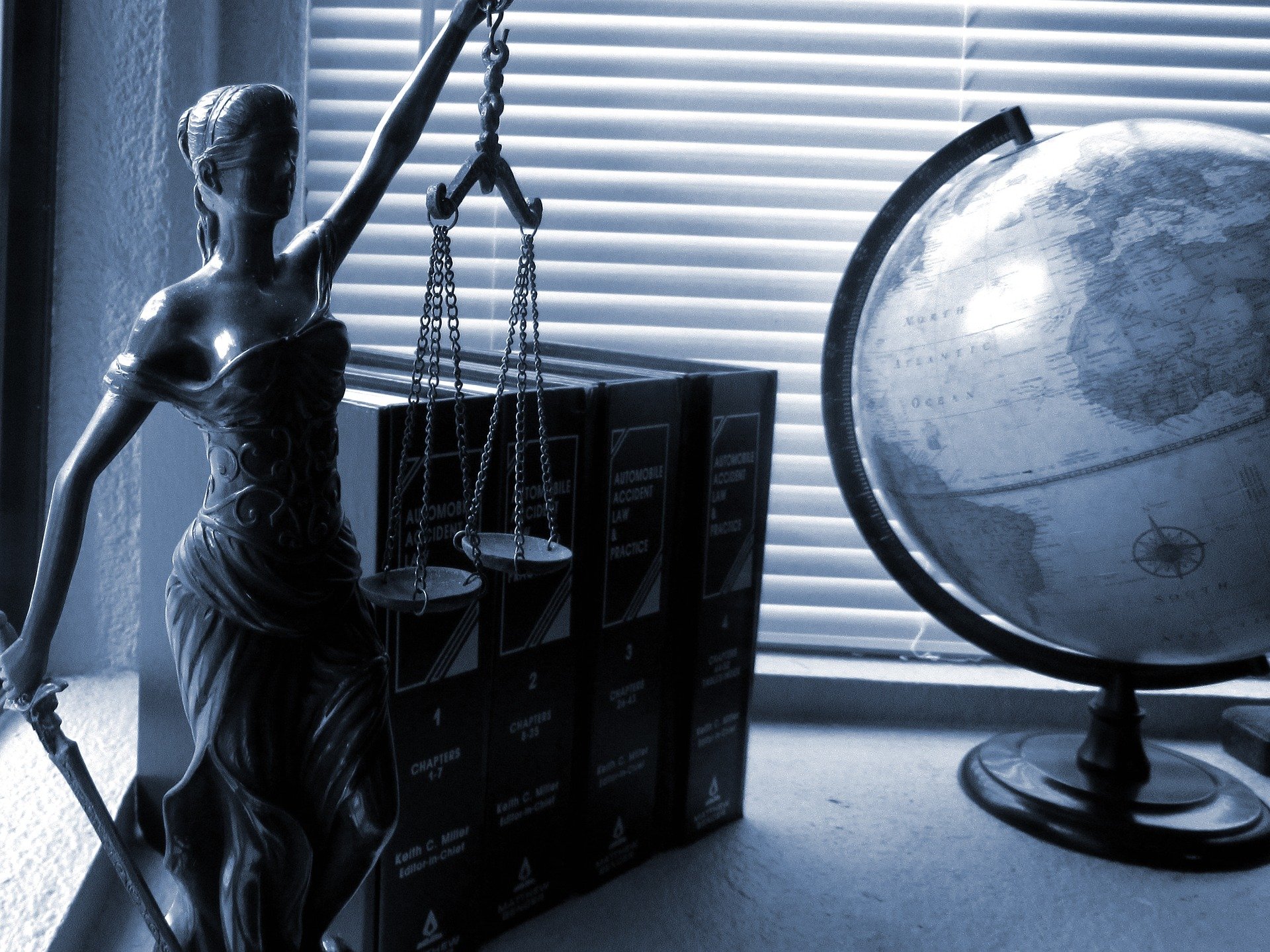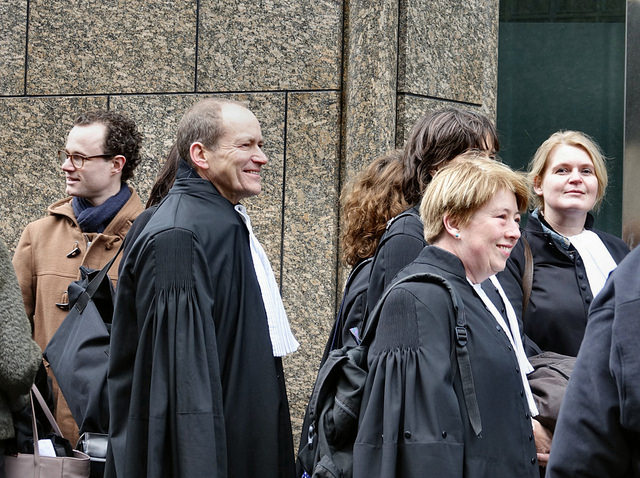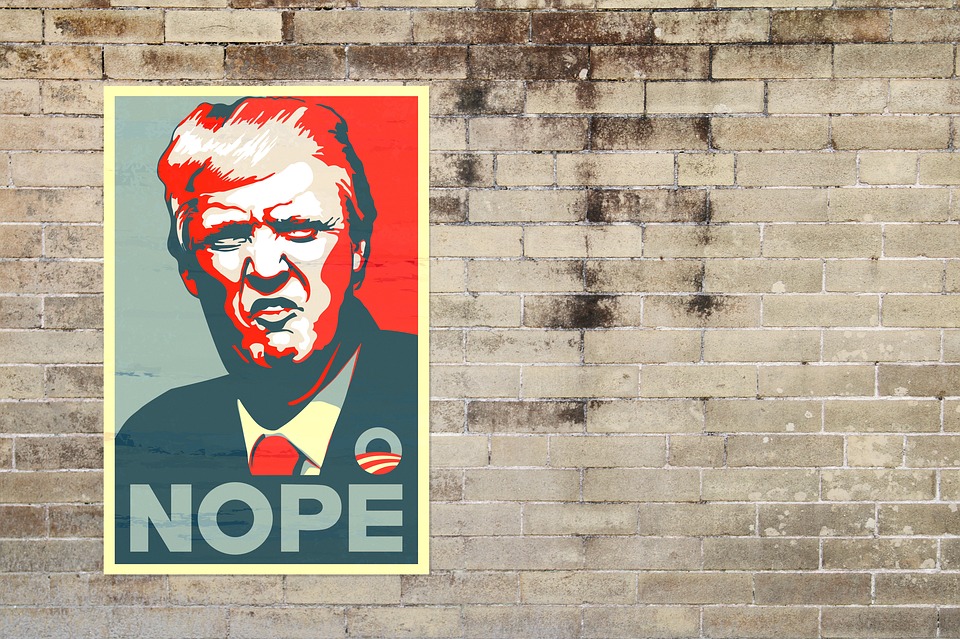Latest blog articles
-
In a reaction to an EJIL: Talk! post by Baetens et al., Arcuri et al. claim that the Dutch parliament has the right to reject CETA and also argue in favour of it doing so. The post by Arcuri et al. raises important points that merit further discussion, among legal academics and practitioners...
-
Legislative enactments and court decisions, together with social-historical events, provide the causal mechanisms that enable scholars to trace the evolution of ownership paradigms in different jurisdictions. In addition, shifts in ownership paradigms result from the circulation and flow of legal...
-
Flashy guys who work on the Zuidas, live in luxury penthouses and tear around in the latest Teslas and Jaguars – and all at the expense of ‘the ordinary man’ who they laughingly charge exorbitant hourly rates. This image of lawyers appears to be fairly persistent. But it has very little to do with...
-
The European Union (EU) faces challenges after the results of the United Kingdom (UK) European Union membership referendum that was held on June 23, 2016. Yet, Brexit is not the first challenge faced by the EU. Three points invite for reflection on Brexit and the future of the EU.
-
Fred Rodell, the once revered Yale Law School professor and the “bad boy of American legal academia” wrote that “[t]here are two things wrong with almost all legal writing. One is its style. The other is its content.” His harrowing words acutely capture my conflicting relationship with (legal)...
-
What we witness now shows resemblances with the new Turkish and the Russian presidential model: the president has executive powers but is also largely supported by his parliament, banning or disabling the effect of balances of power through their checks and balances.
-
When Trump tweeted "See you in Court, the security of our nation is at stake" he was absolutely right, but not as he intended it to mean. Because yes, courts are essential for the security of (the citizens of) the state.
-
May the US President appoint his son in law as advisor to the White House? For quite a lot formal appointments the President needs the advice and consent (permission) from the senate, but not here. Is it permissible?
-
Legitimacy in the political sense can be defined as an inquiry into the justification for the exercise of public authority. Or put differently: it is the reason why I, being part of society, should accept laws and regulations that bind me.
-
During the period of July to October 2016, the Comprehensive Economic and Trade Agreement with Canada was up for approval at the National States... This blog is only available in Dutch.









